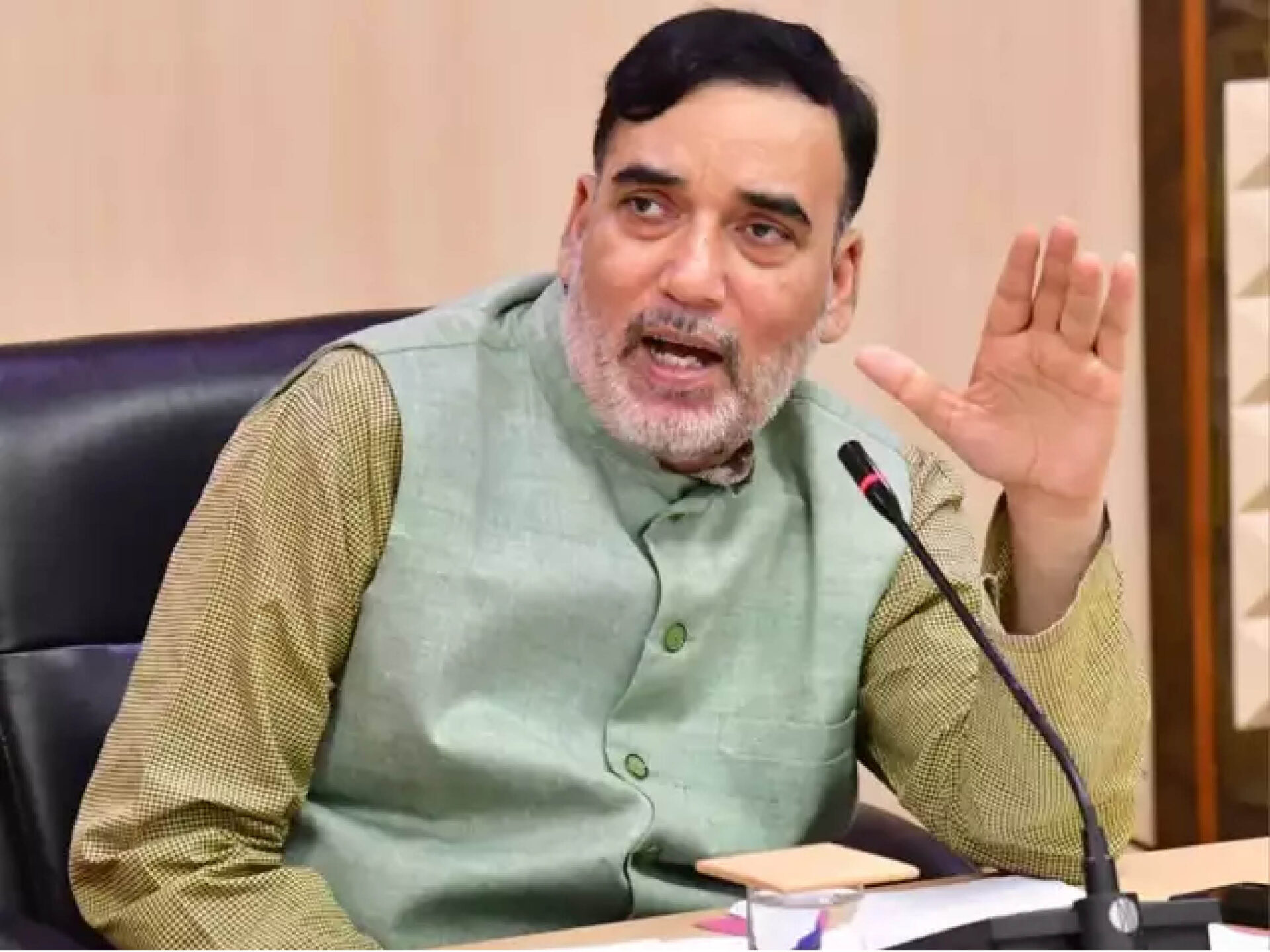NEW DELHI: The Delhi government has announced a 12-point summer action plan to control pollution, following fluctuating Air Quality Index (AQI) levels in the national capital, which have ranged from moderate to poor over the past 15 days. To address this issue, Delhi’s Environment Minister Gopal Rai introduced the comprehensive plan aimed at improving air quality.
The Environment Minister stated that under the summer action plan, the Delhi government will implement both immediate and long-term measures to control pollution. He further announced that an anti-dust campaign was introduced from June 15 to September 15, 2024, as part of the plan.
Rai held a meeting with officials of 30 departments at the Delhi Secretariat on the planning of Delhi’s Summer Action Plan. He said that there has been a lot of improvement in the pollution level of Delhi. To bring further improvement in this, the Delhi Government will effectively implement the Summer Action Plan along with the people of Delhi. Under this, strict steps will be taken to prevent dust pollution, open burning, and industrial pollution. Other steps, including increasing green cover, the development of lakes, and dialogue with neighbouring states, will also be taken.
While introducing the Summer Action Plan, the Minister emphasised that the government will primarily focus on 12 key points and will address them in the coming days. He added that various departments have been assigned specific responsibilities to tackle summer pollution in the national capital. The 12 key points of the summer action plan are tree plantation, tree transplantation policy, dust pollution, open burning of garbage, industrial pollution, development of city forests, development of lakes/ponds/water bodies, development of parks (green parks), e-waste eco park, eco club activity, solid waste management, and dialogue with neighbouring states.
Gopal Rai stated that pollution levels have decreased by 30 percent over the last 8 years, and further improvement will require both immediate and long-term measures. To achieve this, a total of 580 patrolling teams will monitor the entire city. Additionally, 85 mechanical road sweeping machines and 276 water sprinklers will be deployed to control dust pollution. A hotspot action plan will be implemented at all 13 identified hotspots to address sources of air pollution.
He added that to prevent open burning of garbage, 573 patrolling teams comprising 1,269 personnel will be on duty. Additionally, 235 teams with 525 personnel will patrol at night, and 338 teams with 694 personnel will patrol during the day. Furthermore, 33 teams from the Delhi Pollution Control Committee (DPCC) and the Delhi State Industrial and Infrastructure Development Corporation (DSIIDC) have been assigned to monitor illegal waste dumping in industrial areas. An e-waste eco-park is also being developed to mitigate pollution from electronic waste, and its establishment and management will be accelerated.
Additionally, land-owning agencies will undertake the restoration of 73 water bodies.
The minister stated, “It has been observed that factors from surrounding states significantly contribute to Delhi’s pollution. Therefore, we will establish dialogue with neighbouring states to create a joint action plan for controlling pollution. Letters will be sent to these states on various issues, such as converting public transport to CNG, controlling pollution from brick kilns and thermal power plants near Delhi, and preparing measures to prevent stubble burning.”

